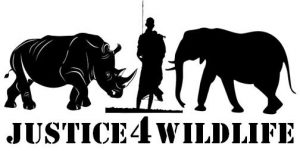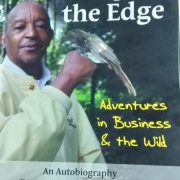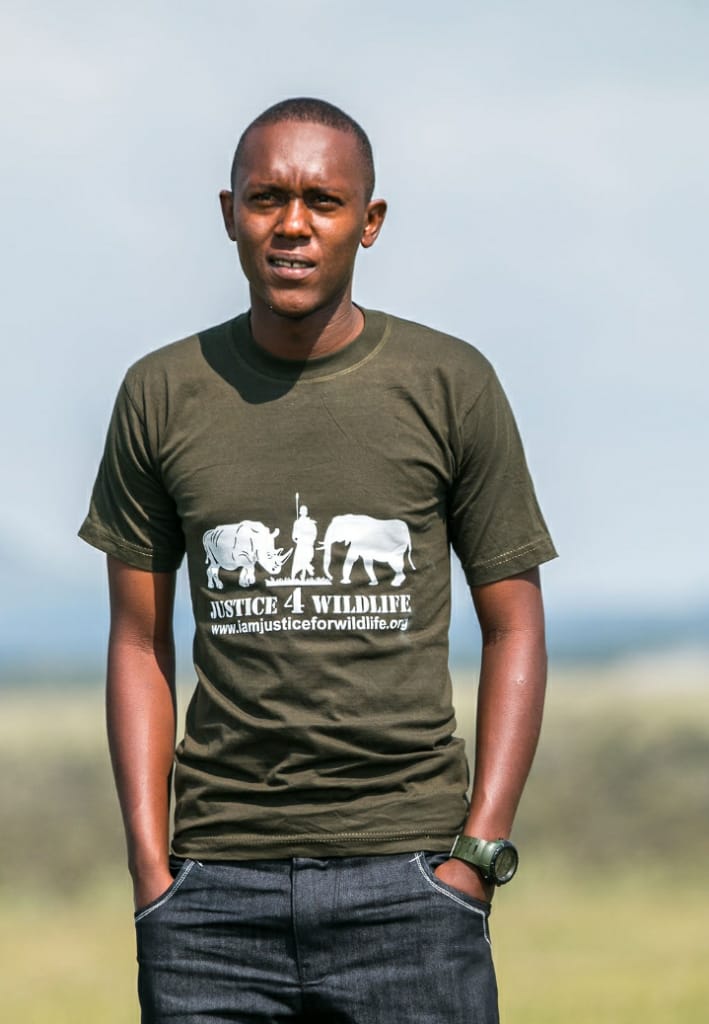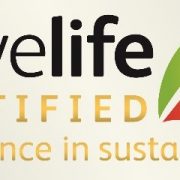What force drives a man to be successful in business, an intrepid adventurer, and a renowned conservationist?
Sit back relaxed, into your comfort zone because am about to narrate a remarkable story about Jagi Gakunju, but before we get to that let me break the ice by a brief introduction.
Jagi Gakunju was born into a pioneering Christian family, his father having been ordained a pastor in 1935. His first memories are of the concentration camp where his family members and other Nyeri residents were interned during the Emergency. After independence, he graduated from the University of Nairobi and joined ALICO, an insurance company. A couple of months later, he unearthed a sophisticated fraud. After training overseas, he had mastered the new computer technology and was sent to train ALICO employees in the Caribbean. Developed in West Africa as the Regional Claims Manager, he was in charge of five countries. Back in Kenya, he left ALICO and joined Africa Air Rescue where his innovative sales strategy saw the company’s turnover grow by leaps and bounds. In 2003, he became the CEO of AAR.
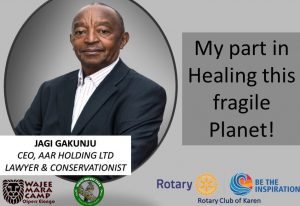
Success in business is only half the story. Jagi has always loved nature. He has climbed Mt. Kenya 14 times and was the founding president of the Uvumbuzi club, an organization devoted to discovering the wild places of Africa. The club’s most famous achievement was in 1989 when Jagi led members overland to the Okavango Delta in Botswana. A keen ornithologist, Jagi turned the piece of land he inherited from his parents into a nature reserve known as the Wajee Nature Park. About 120 species of birds have been recorded there and the Park has been registered as one of the official Important Bird Areas (IBA) of the world.
Now retired, Jagi is “busier than ever” devoting his time to the Wjee Park and to many other conservation organizations of which he is a member: Friends of Karura forest, Soysambu Conservancy, Friends of Conservation, Friends of Nairobi National Park, Wildlife Clubs of Kenya, African Fund For Endangered Wildlife, Uvumbuzi, Friends of City Park, Cycling out of Poverty- Coop Kenya, African Network for Animal Welfare, Riverline Nature Reserve Trust, and Wajee Mara Camp.
He begins with the story of his father, a World War II veteran who survived being murdered because of witchcraft. Born in Nyeri in 1948, Gakunju is a child of traditional and modern crossroads during the Mau Mau era, then walks us through his school life in a new environment far from home, the numerous by road on foot adventures to various destinations in Africa which will give you chills and keep you at the edge of your seat.
Living on the Edge brings new personal experiences such as Gakunju’s life in the concentration villages during the State of Emergency. This book is a “Must Read” Living on the edge is available at various bookshops including; Textbook centre-Sarit, Hub, Galleria, Yaya, Prestige, Nature Kenya Bookshop, and Museums of Kenya.
What really strikes me in this book is his sheer daring attitude for adventure and exploration, His reflections and perceptions are well portrayed in his book I quote “As regards to my main passion, the environment, the most positive development I have noticed recently is the creation of community conservancies”. Unlike in the past when the government looked after wildlife for the benefit of outside tourists, today communities are starting to feel that they “own” the natural resources. In a similar connection. I am happy that many Kenyans are becoming increasingly health-conscious, and that traditional African foods are making a comeback.
Then, of course, there are things which are getting worse. Corruption has become like cancer in our society. In my opinion, those who steal drugs from the poor should be charged with murder. The gap between the rich and the poor also appears to be widening whereas, after independence, we thought that it would diminish.
The number of unemployed youth is truly worrying. Our education system should be training for self-employment but currently, it is geared more towards the regurgitation of information, much of which is in fact quite useless in later life.
Despite the increasing number of Kenyans intermarrying, our leaders carry on propagating negative ethnicity. Instead of creating a nation, we have consolidated tribal empires. During elections, citizens vote for their tribal kings while issues are largely ignored. Due to their lack of vision, our leaders make poor use of the many resources we have. We ought to follow the example of a tiny Singapore, at one time a very poor country, but which has used its only resource, its port, to become many times richer than Kenya.
I believe that each of us should do the little we can to protect the environment. When I inherited Wajee Nature Park from my parents and opted to leave it for the trees and the birds, many of my neighbours thought I was crazy. According to them, I should have used it to grow crops and make money. For me, I felt that creating the Park was the only small contribution that I as an individual could make to safeguard mother earth.
While individuals can play an important part, I also hope that Kenya will come up with overall integrated land policy, something that is missing at present. I feel it is not too late to achieve this.
Getting numerous degrees is all the rage these days but no matter how many you are awarded, one will be missing. That is called travel: travelling with an open mind and interacting with the local people. If you fail to travel, your thinking will be confined to what you have seen in your home area. When you travel, you will see how little you know and how much you have to learn. I had the ambition to go to all the continents and interact with the locals and can now say that I have visited all of them, including Australia. The exception was Antarctica. This travel was one of my best life investments.
When I am at times requested to give motivational talks to the youth, I stress some points outlined above. I advise them to invest in hard work, integrity, and honesty rather than taking shortcuts. I tell them that education is only which is relevant today can be obsolete in five years. They are fortunate that a massive amount of information is available today so there is no excuse for them not to carry on learning. They should invest in several skills since most jobs today require people to multitask. It may not be easy for them to be employed, but the opportunities for self-employment have never been better, thanks to the internet. I am convinced that if a good number of young people take these lessons seriously, our future as a country will be bright.
Passion is the best medicine in succeeding in whatever you are doing. Conservation to me is like a “religion” because I have come to appreciate that human beings, animals, insects, trees, and plants and indeed all living things are all interconnected. If one of them becomes extinct because of our reckless use of finite resources in this fragile planet, we shall all become extinct. 80% of all the food we eat is pollinated by insects. Without pollinators, we cannot survive. I have also come to realize that the survival of this fragile planet is in the hands of ‘man’-Human beings, for the first time in this Century. We have the power to destroy or to heal mother earth. If we destroy this planet, there is no plan B”.
If you’ve been inspired, guess what! That’s just in a nutshell of what the book is all about. To order for your own copy of Living on the edge call +254 722 759 515
“For most of history, man has had to fight nature to survive. In this century he has to realize that in order to survive he has to protect it.” Jacques-Yves Cousteau Here we celebrate the unsung wildlife heroes in the grassroots doing remarkable work to conserve our wildlife heritage, Get to learn about wildlife from a ranger/ ecologist in Kenya a freelance eco-traveler, experience the diverse cultures and African heritage from the natives and take an adventure to new destinations to learn about rare attractions that are hardly talked about and to top it all up some of the best wildlife photographs that will make you reconnect to your wild side appreciate everything around us and fall in love with the natural world, because “It is not enough to love the natural world; the point is to defend and preserve it.” Edward Abbey
Our wildlife, our responsibility. When it comes to standing up for our wildlife it’s better to be outspoken than unspoken.
